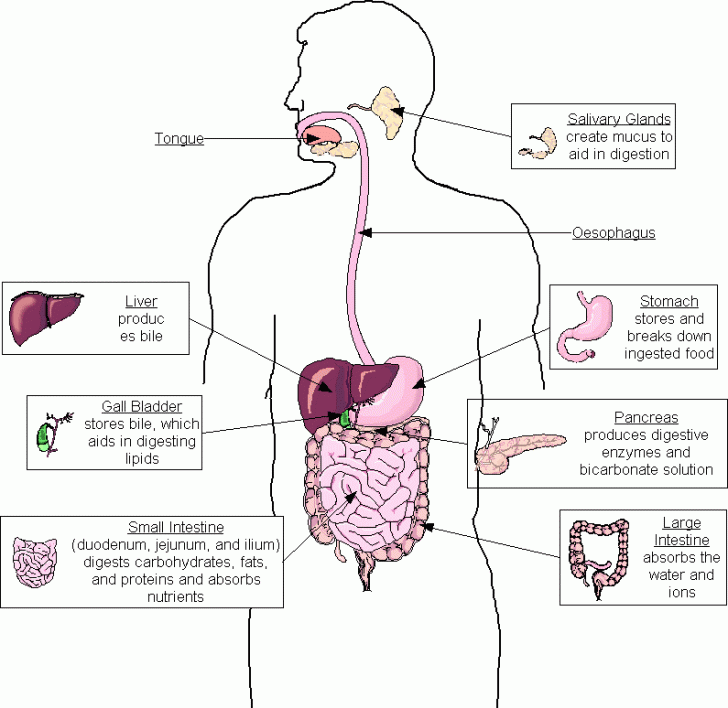Breathing is something most people do not pay attention to until they have a cold or some other illness. It is something your body does approximately 12-20 times each minute of the day whether you are awake or asleep.
It is an automated reflex that does not require thought. Lungs, trachea, diaphragm and tonsils are all part of the respiratory system. While you can easily live without your tonsils (millions of people do) they are one of the first line of defenses against disease.
Respiratory is just one of the important body systems that helps us live, so learn more on how it works below.
How Breathing Happens
Breathing occurs through both the mouth and the nose. Air is taken in through the mouth/nose and goes down the trachea into the bronchi. Once the air passes through the bronchi it is diverted into the lungs where it than passes through the bronchioles (tiny bonchi) which end up in small sacs called the aveoli. There are over 300 million Aveoli in your lungs.
These little sacs are covered with capillaries (very tiny blood vessels). The oxygen molecules pass through the Aveloi into the blood supply through the capillaries which than takes it to the heart eventually to be distributed to the organs.
This process is repeated thousands of times each day. When you have a cold or other respiratory infection it is harder for you to breath because mucus production is increased to help rid the body of the infectious agent in the lungs.
Air Filtering
Along the entire route of the respiratory system there are tiny hairs that act as filters to keep dust and debris from reaching your lungs and causing an infection. Mucus is formed by the body as a way to “trap” harmful debris from getting into the lungs. Cilia (the tiny hairs) are found in the bronchial tubes and your nose. Mucus is found throughout the respiratory system.
This filtering process happens automatically. In the bronchial tubes the cilia acts like a broom. The cilia moves in a back and forth motion to “sweep” away debris that can cause illness. Smokers loose the ability for the cilia to move about freely in this sweeping motion which can cause harmful bacteria, viruses and allergens into the lungs causing disease ranging from bronchitis to pneumonia. Smokers lungs become compromised because the nicotine found in cigarettes sticks to the cilia making them inoperable.
As mentioned earlier the tonsils are also thought to play a role in infection control.
Respiratory Diseases
Most of the time any impurities in a healthy person on moved out of the lungs by the mucus and either coughed up or swallowed (and dealt with in your stomach acid). Unfortunately in people who have a compromised respiratory system either through disease or lifestyle moving things up and out of the lungs may not be possible.
Asthma, Bronchitis, Tonsilitis, Pnuemonia, COPD are all diseases of the lungs and respiratory system that can compromise your ability to breath. Smoking greatly increases not only the symptoms of lung disease but also increases the risk.
